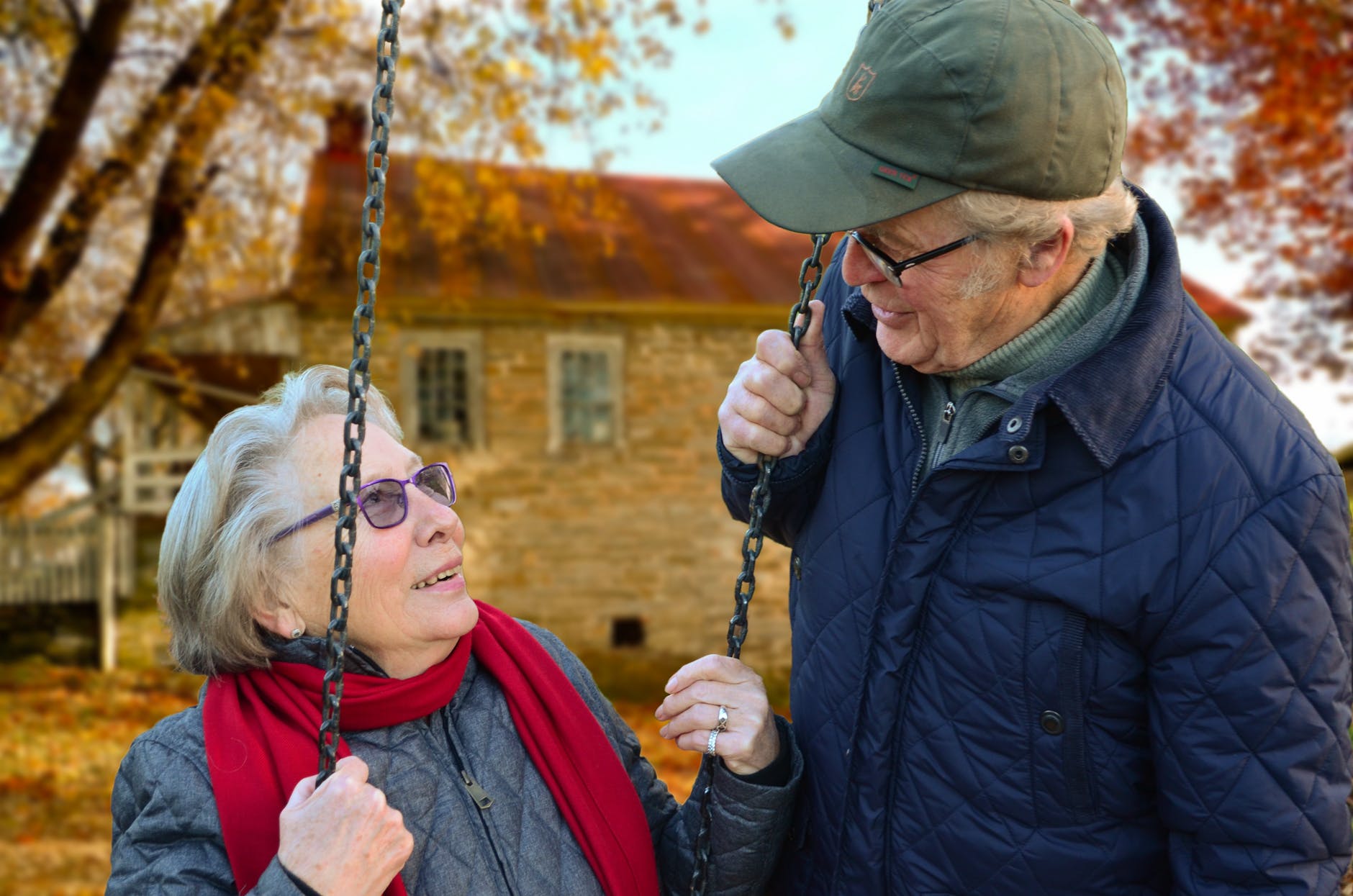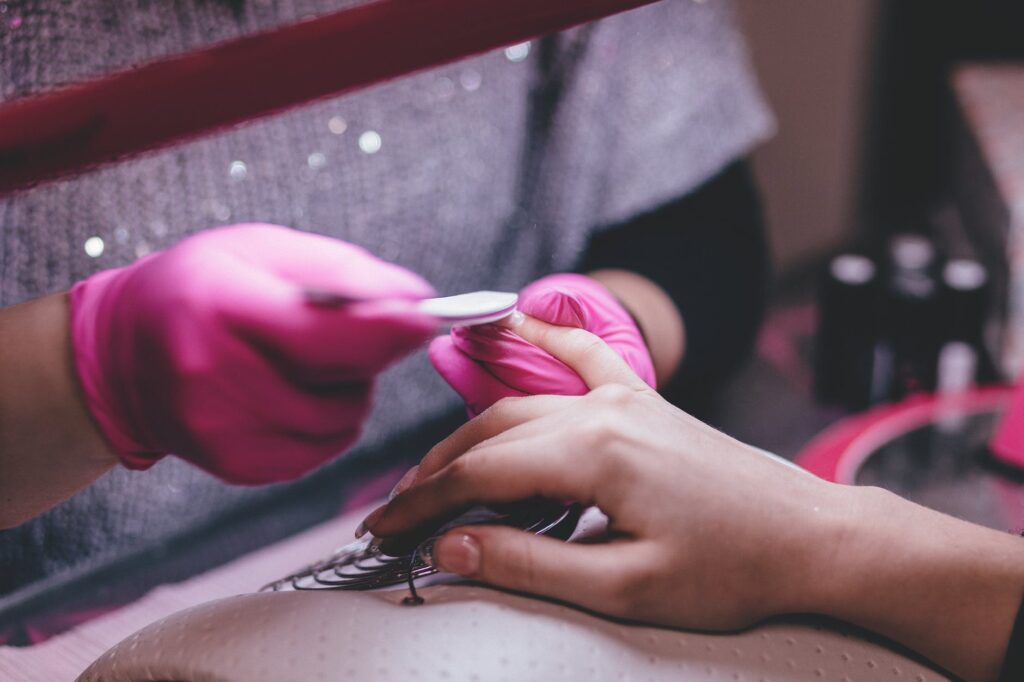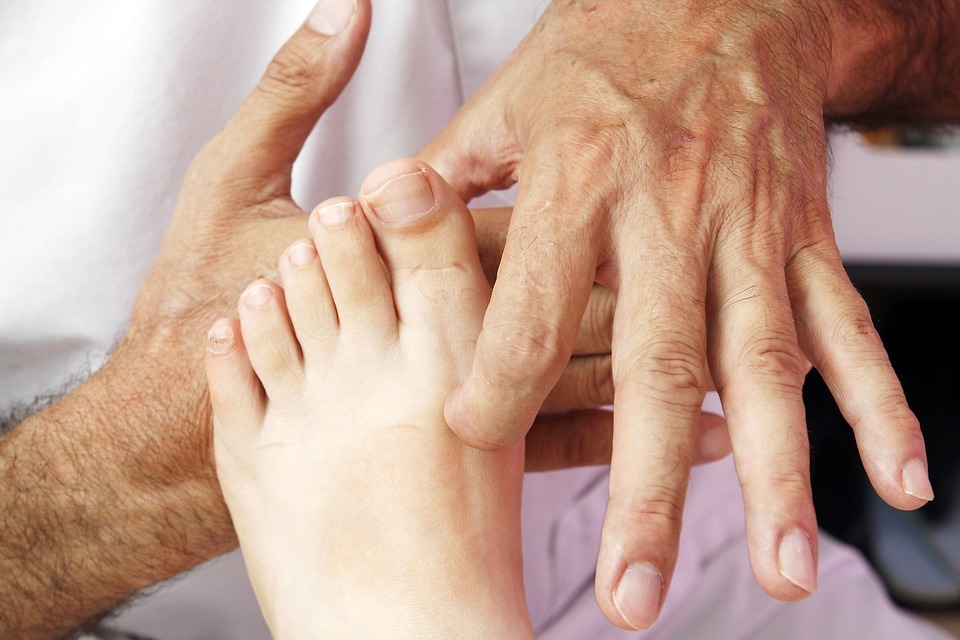Elderly with dementia or Alzheimer’s may enter a “combative stage” of the ailment. This is a standard aspect of the condition and can occur even if the sufferer’s personality has been non-violent and calm throughout his/her life. Because they’re not able to express their needs properly, those with dementia may curse, bite, hit, push, kick or throw things when they are angry or in discomfort or pain.
As a caregiver, you might feel attacked when a dementia patient displays acts of aggression. But arguing and fighting back is only going to make matters worse. So, rather than fighting aggression with aggression, learn how to reduce or prevent aggression-related outbursts. Below are some tips to help get you started.
1. Try distracting the patient
One of the quickest ways to diffuse depression in dementia patients is to divert their attention to something else. For example, you can distract them by engaging them in a physical activity that can help them fight off some aggression. Ideas include a visit to the public park, a short swim or walk to the library to look at old books. All these activities will often create enough diversion to help dementia patients relax.
2. Use the relaxation technique and the reassuring touch
When a dementia patient gets upset, try to get him/her to relax as much as you can. Relaxing and light breathing gradually helps to minimize everyone’s agitation and anger. As a caregiver, keep your voice soft, positive and reassuring. Lastly, use a calming and gentle touch on the shoulder or arm to offer reassurance and comfort.
3. Create a calm atmosphere
A busy or noisy atmosphere could also sometimes trigger aggressiveness in dementia patients. Take notice of the environment to see if you can quickly provide a relaxing atmosphere. Switch off the TV, reduce the music volume, and tell others to leave the elderly alone. You can also play or sing the sufferer’s favorite music to see if it has any effect on their mood. Sign-along tunes or soft playing classical tunes can help calm down dementia sufferers.
4. See if going out of the room helps
In some cases, it’s best to leave the dementia sufferer alone. You can give them some space by going out of the room that they’re situated in. This action may help them relax or even forget that they’re being aggressive. Of course, see that the environment is safe and that they’re not likely to suffer from slip and fall injuries while you’re away. But if you’re too worried about leaving them alone, you can install a camera or two that allows you to keep an eye on their movement/activity even when you’re not in front of them.
You may also choose to install sensors that will alert you in case they leave the room or house. To learn more about these, you can checkout our Guide to Choosing the Right Wandering Alarms and Sensors for Dementia Patients.
5. Take care of their physical needs
Sometimes what appears to be a problem is actually a symptom of another underlying issue. For example, there are several conditions (like UTI or urinary tract infection) that could result in aggressive outcomes. If you see that the usual actions that help calm the elderly are not working, get an appointment with a medical professional to rule out an illness/physical reason that may be the cause behind their aggressive behavior.
6. Watch their food intake
Inadequate nutrition can impact the cognitive function, energy and mood of individuals without Alzheimer’s or dementia. For those with dementia, the same conditions can cause aggressive impulses or random outbursts. Getting their diet in order and ensuring the space where they eat can go a long way toward reducing aggression in dementia patients.
7. Help them follow a routine
Having a routine can help remove some aggressiveness from a dementia patient’s life. Throughout our lifespan, we rely on our habits to make us feel safe. So the less control a dementia sufferer has over his/her daily life, the more vital consistency becomes. Help your loved one figure out an ideal time of the day for taking medications, eating, exercising, going outdoors, etc.
8. Recall positive experiences from the past
You can also try assisting the dementia patient in reminiscing personally significant and positive experiences from the past, such as the favorite football match, a family event or areas they’ve visited. Memories like these can improve the mood of several individuals with dementia, minimizing the threat of aggressive behavior. You can even try creating a memory box of familiar items and images, which the elderly can go through with the caregiver or friend. A life story book may also help fight aggression by making the sufferer see beyond their condition.
9. Validate their emotions
If the senior is being aggressive and you don’t see an apparent cause behind their behavior, it could be because they’re experiencing negative feelings such as loneliness, sadness or frustration, and they can’t figure out a way to express themselves properly. When this happens, search for clues in their actions and talk in a comforting and calm manner. Reassure them that the emotions they’re displaying at the moment are natural and that you’re present to help.
10. Explore resources for support
It’s crucial for the elderly’s wellbeing to talk with others who are suffering from the same condition and may have a solution that they use to calm themselves down in tough situations. Let them share their stories with members of the group, a therapist or counselor, or with supportive family members of friends. Getting feelings out is a vital outlet for anger. Plus, you might get additional ideas and advice for coping dementia-related aggression from caregivers who have dealt with it. Try to engage with other caregivers who’ve also brought in their loved ones for participation.
Aggression is a natural occurrence for dementia patients, but by following the tips mentioned in this article, you can help your loved one cope with anger and minimize the risks of sudden outbursts.











